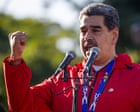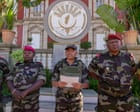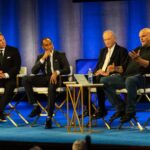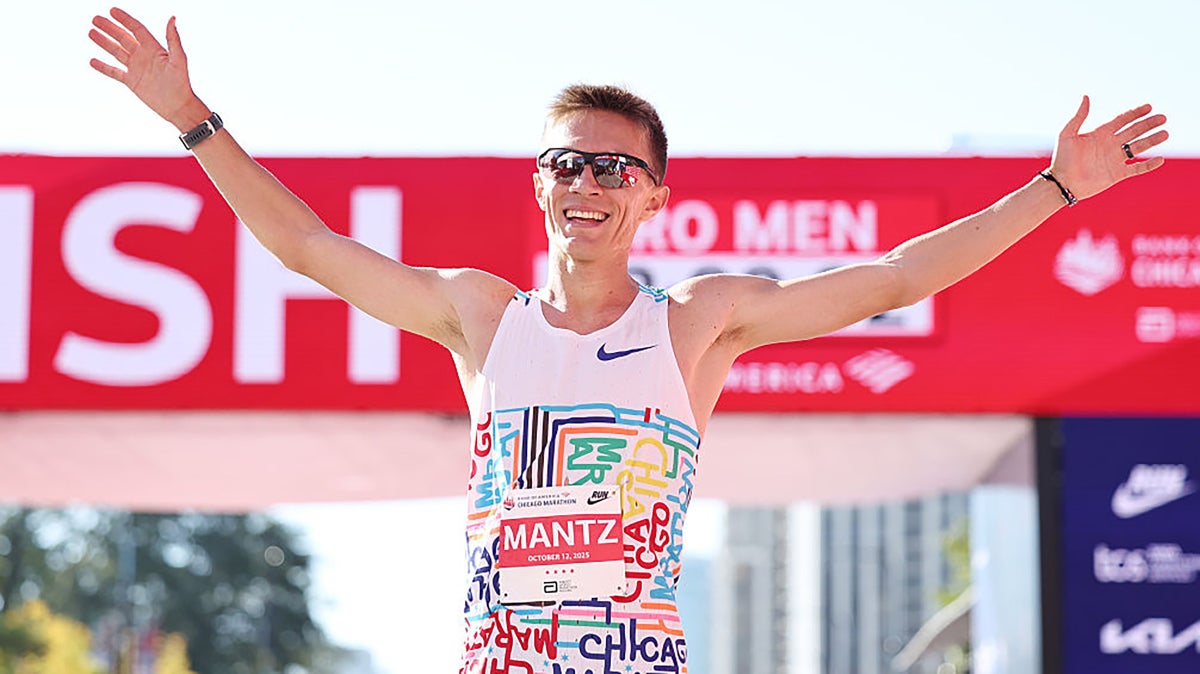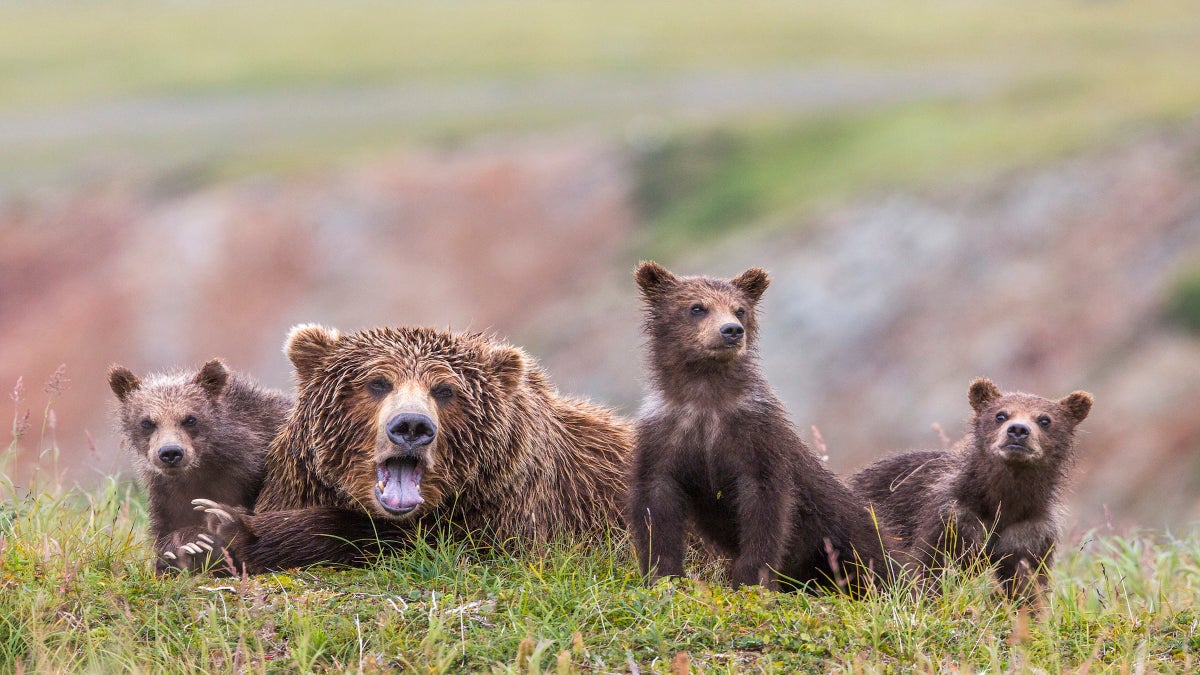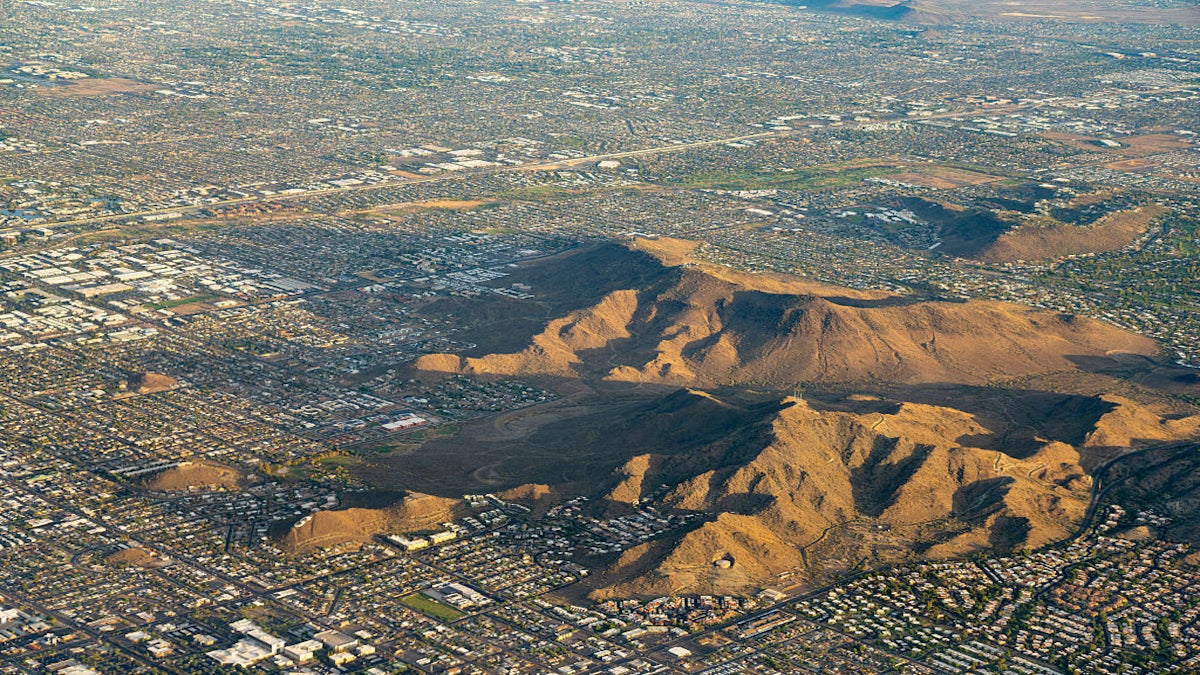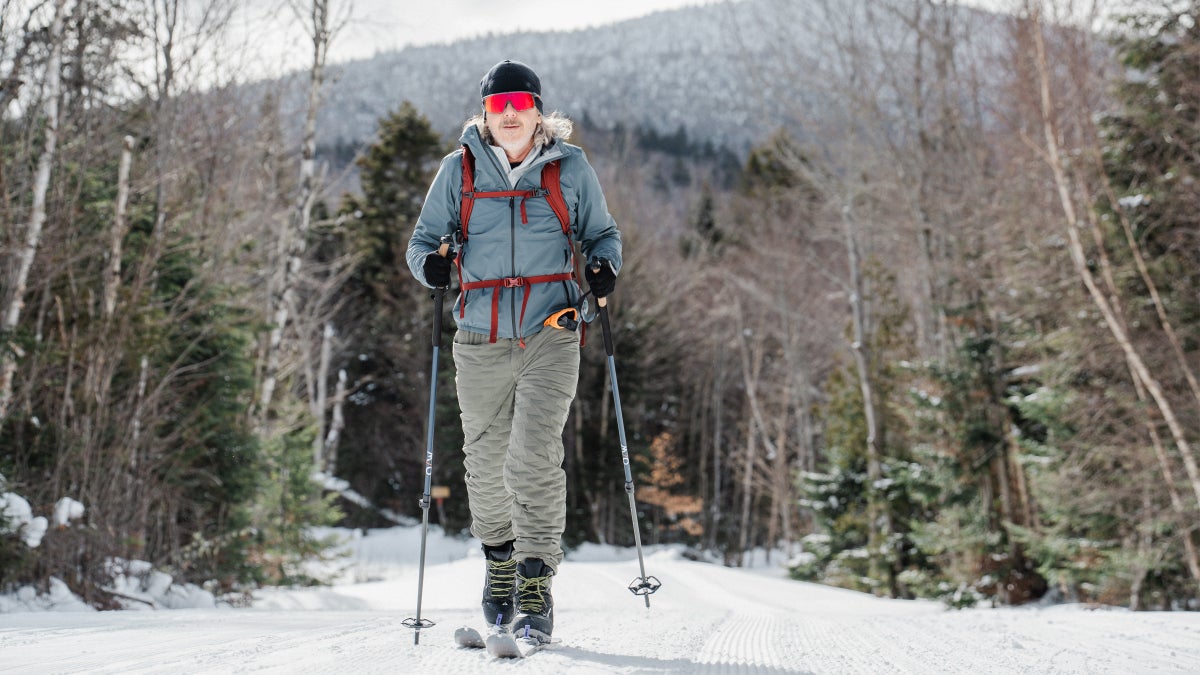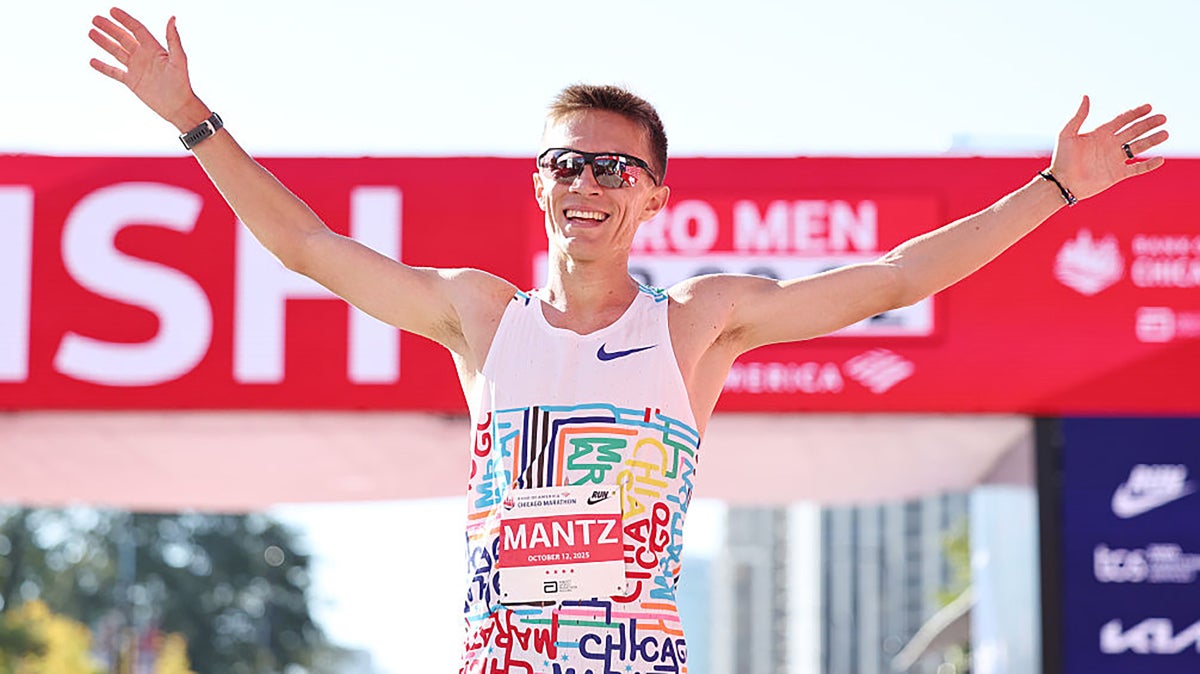
On October 12, American distance runner Conner Mantz finished fourth place at the Chicago Marathon, crossing the line in 2:04:43. The time set a new U.S. record at the distance, shaving 55 seconds off of the previous best, set in 2002 by Khalid Khannouchi. Mantz, 28, describes what it was like to set the new mark.
It hit me with about 4 kilometers to go that I was on pace to break the American marathon record. I remember having a really good feeling because I knew I could keep my current pace and go sub-2:05. I was running with Alex Masai of Kenya at the time—we had been working together since about mile 19—and I remember thinking how special it was that everything was finally coming together at this race.
I’ve struggled at the Chicago Marathon before—things hadn’t come together for me here in the past. There are so many things that can go wrong in the final part of a marathon. So to have this confidence in my ability is something I will always remember.
I can also remember being on the starting line and seeing the size of the crowds. And at some points along the first part of the race, I could hear people cheering my name. I had forgotten just how many people come out to cheer at the Chicago Marathon. It gives you a huge boost to see that type of energy.
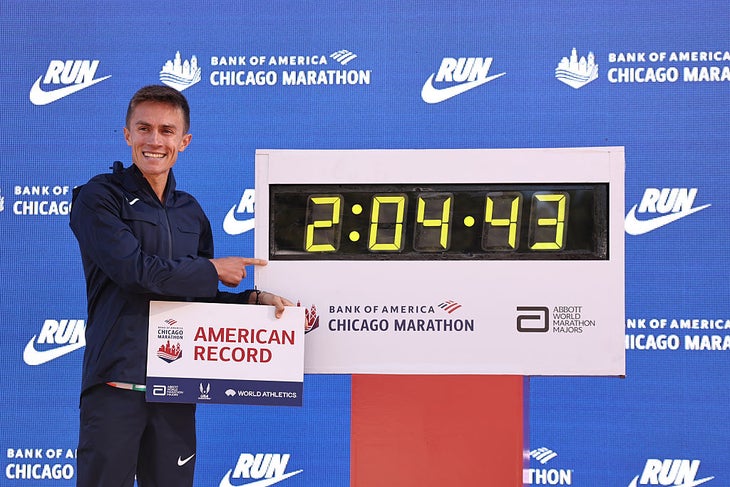
Another memory, at mile 12, really stands out. My old college teammate Rory Linkletter of Canada ran up to me and said, “we are having such a blessed day,” and I responded by saying, “I knew you would catch up to me.” It was a special moment to be running with an old teammate and a friend I’ve been racing against for the last 13 years.
But my race wasn’t totally perfect. I struggled with grabbing my fluids and nutrition at the feed stations. I would slow down to make sure I didn’t lose my fluid, and I’d give up a few seconds. I know I can practice this and get better.
And the first miles felt much harder than normal. I was surprised at the speed we were going that early. I didn’t feel as smooth as I would have liked, but I still managed to race with a very calm mentality. I tried really hard to be a relaxed runner. I knew that the pack would take me to the pace I wanted to keep. So I was slow to react to any changes in pace or any surges by other runners. And I think this kept my heart rate lower in those early miles. I wasn’t pushing—instead, I was calculated. I was holding back because the marathon is a long event.
I tried to control the group less than I have in past races. Sometimes you need to control what’s going on in a race, but at Chicago I was very set on just following whatever the pace runners out front did for the first 14 to 16 miles. When we were running with a tailwind, we’d be faster than record pace, and when he hit a headwind, we’d slow down, sometimes by as much as ten seconds a mile. I’d find myself sometimes thinking, I should push more. I should go faster. I’m feeling good. But I’d always decide to hold back and just stay with the pacers. The risk goes up when you push—the reward goes up, too, of course. But for me, the calculation was how do I not risk too much? I kept thinking: I’m on American record pace. I want to leave today with an American record. I don’t want to risk it and lose the big goal.
My big goal was the American record, because at Boston I had run 2:05:08 (Note: that time was deemed ineligible due to the Boston course’s elevation profile). I announced in June that I was going to chase the American record at Chicago, so that did put more pressure on me. But in the back of my mind, I also had stretch goals that were harder to achieve than the record. My major stretch goal was to break 2:04. I didn’t tell anybody about it except for my coach and one of my training partners.
Having that stretch goal made chasing the record easier for me. If I wasn’t hitting the pace for my stretch goals, I knew I wouldn’t be stressed out, because I’d probably be on pace for the American record.
There were moments throughout the race when I was like, This is going to be awesome, and others when it was like, Oh crap. These feelings came in waves, and they would shift with the pace. But at 4 kilometers to go is when I knew it, like, I got this. I try not to ever celebrate before the finish line. But I allowed myself to not worry anymore. I was just happy and confident.
As told to Frederick Dreier. This interview was edited for length and clarity.
The post What It’s Like to Run the Fastest American Marathon in History appeared first on Outside Online.


